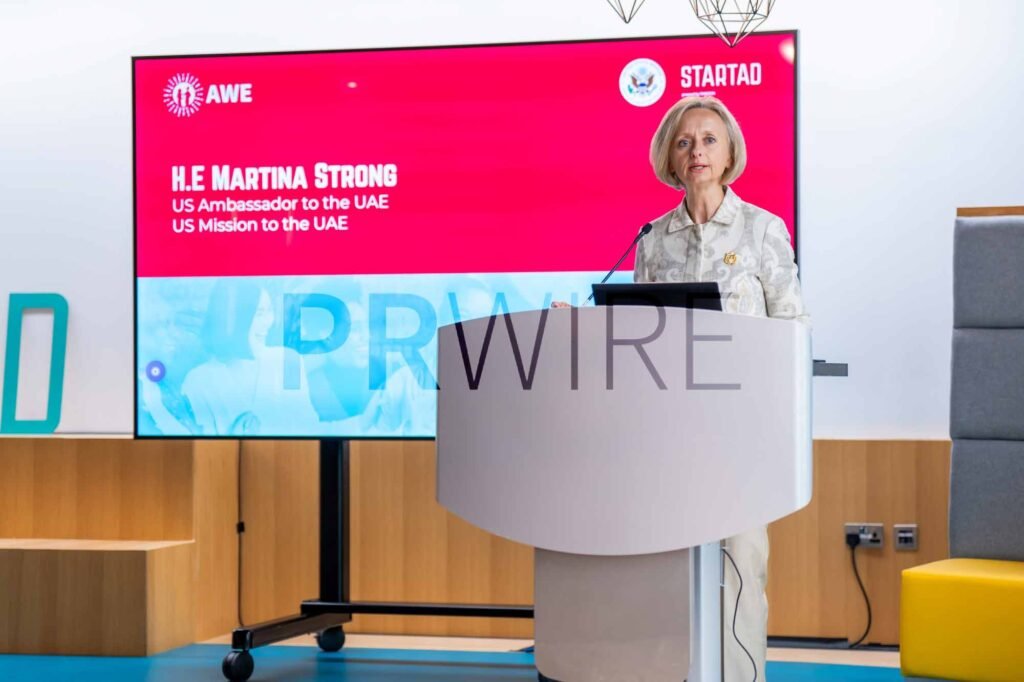Bangladesh Supreme Court Removes Ban on Jamaat-e-Islami Political Party

Bangladesh has taken a significant step toward inclusivity in its political landscape with the recent decision to restore the registration of the country’s largest Muslim political party, Jamaat-e-Islami. This pivotal ruling by the Supreme Court marks a watershed moment, as it reinstates the party’s formal recognition by the Election Commission, consequently allowing it to participate in the upcoming general elections anticipated by June 2024.
The resurgence of Jamaat-e-Islami, which had been banned for over a decade under the administration of former Prime Minister Sheikh Hasina, has been welcomed as a move toward a more democratic and multiparty system in a nation where approximately 90% of the population identifies as Muslim. Shishir Monir, the party’s legal representative, expressed optimism that this ruling would foster a political environment where all Bangladeshis, regardless of ethnic or religious backgrounds, could engage in the electoral process and contribute to vibrant parliamentary discussions.
Following the 2013 high court ruling that led to its previous ban, Jamaat-e-Islami appealed for a review, highlighting its commitment to re-engaging in the nation’s democratic processes amidst the backdrop of significant political turmoil. The reinstatement of the party coincides with calls for broader representation and participation from diverse communities within Bangladesh, reflecting the populace’s desire for a government that embodies the country’s multicultural identity.
In a related development, the Supreme Court also recently overturned the conviction of ATM Azharul Islam, a prominent figure within the party, who had been sentenced to death for crimes associated with the 1971 war of independence. The overturning of this conviction has sparked discussions about accountability and reconciliation within the country’s political sphere. Following the court’s ruling, a statement from Jamaat-e-Islami highlighted the importance of learning from past mistakes and emphasized an earnest quest for forgiveness if any wrongs had been committed.
The return of Jamaat-e-Islami to the political arena is set against the backdrop of a changing political landscape in Bangladesh, which has seen increasing calls for democratic reforms. The interim government, led by Nobel laureate Muhammad Yunus, has also placed the ruling Awami League under scrutiny, pending legal investigations related to its responses to civil unrest.
With these developments, Bangladesh is poised for a reshaping of its political dynamics, paving the way for a more inclusive representation of its diverse populace as it approaches its next electoral cycle.
#PoliticsNews #CultureNews






